Drive Safe, Save Lives: National Road Safety Week 2024
In 2023, 22% of driver fatalities were in the 17-25 age group (drive.com.au 2024). Join Youthsafe from 5 - 12 May 2024 to promote safer roads during National Road Safety Week 2024. Together, we can prevent crashes and protect the lives of young drivers by promoting responsible driving habits.
Young Driver Safety And National Road Safety Week
Each time a young driver gets behind the wheel, they take on a duty to prioritise safety for themselves and others.
However, young drivers aged 17-25 are tragically over-represented in road fatalities. Despite making up just 10-15% of licensed drivers, they account for nearly 25% of road deaths (Young Driver Factbase). National Road Safety Week serves as an urgent call to address this preventable loss of life.

By raising awareness about reckless driving behaviours like speeding, driving under the influence of drugs and/or alcohol, and distractions, we can inspire positive change. Small actions like obeying road rules, maintaining vehicles in good condition and staying focused can mean the difference between life and death.
From the 5th to the 12th of May, Youthsafe urges young drivers and their adult influencers to dedicate the week to embracing a shared commitment to road safety. One lapse can shatter a family forever. But together, we can make our roads safer by driving responsibly and cultivating a deeper culture of protection on Australian roads.
Promote National Road Safety Week 2024 With Youthsafe Programs
Promoting road safety among youth is crucial for creating responsible drivers of tomorrow.
Youthsafe programs play a pivotal role in achieving this goal by educating young people about the importance of safe driving practices. These programs offer interactive workshops for young drivers, parents and instructors to help instil road safety knowledge early on.
By teaching young people about the dangers of speeding, distracted driving and impaired driving, they become empowered to make informed decisions behind the wheel. Through collaborative efforts with schools, communities, organisations and governments, Youthsafe programs effectively cultivate a culture of responsibility, ensuring a safer future for everyone on the road.
Safety sessions
Coaching teens
Learner drivers
Program access
Programs For Teachers & Instructors
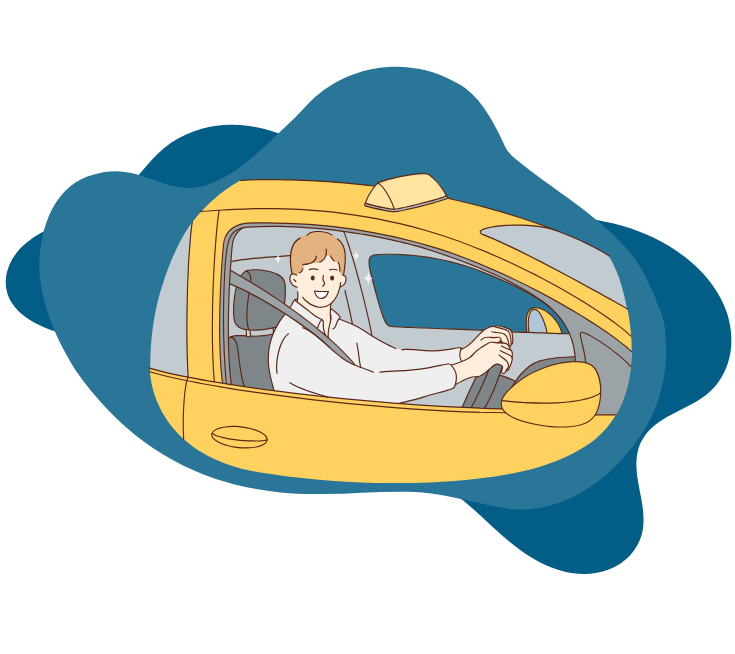
Safer Drivers Course
A paid course aimed at providing facilitator and coach training for the Safer Drivers Course.
Those interested in becoming a coach or facilitator of this program will first be required to complete and submit an Expression of Interest (EOI) form agreeing to Youthsafe’s program participation requirements.
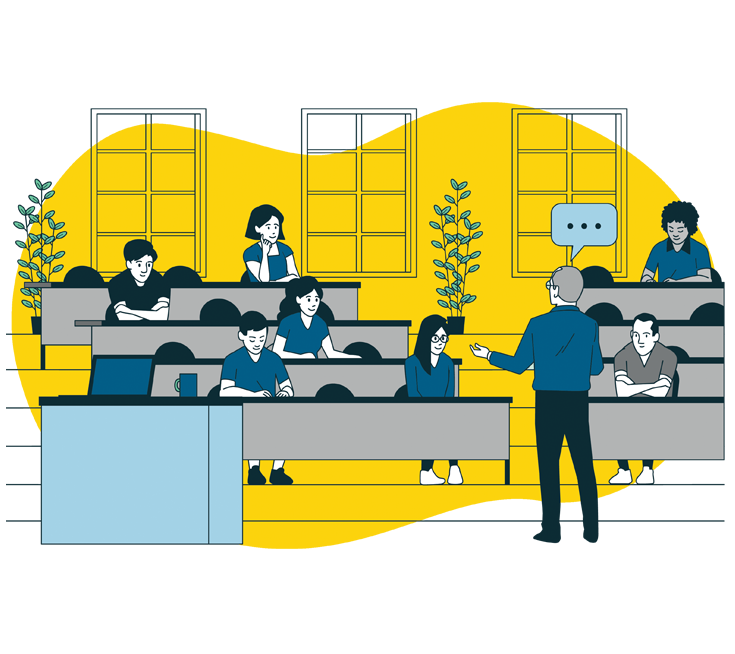
Classroom Safety Sessions
Interactive 40-60 minute classroom sessions for various ages.
These road safety sessions explore the challenges teen drivers face, the responsibilities of being a passenger of a teen driver, and the impact of distractions when driving, making it ideal for pre-learner and learner drivers and their passengers.
Programs For Community Organisations
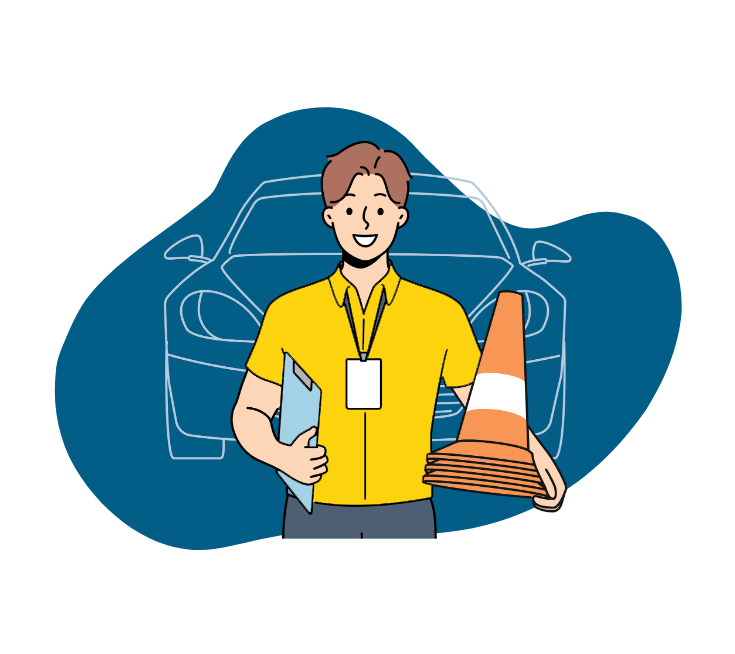
Volunteer Learner Driver Mentor (LDMP) Training
Face-to-face training or online training for groups of volunteer driver mentors is conducted at your convenience.
Our paid, full-day face-to-face training for groups of up to 15 volunteer mentors can be conducted in any part of the state as an interactive workshop, or you can choose our award-winning, six-part free online training.
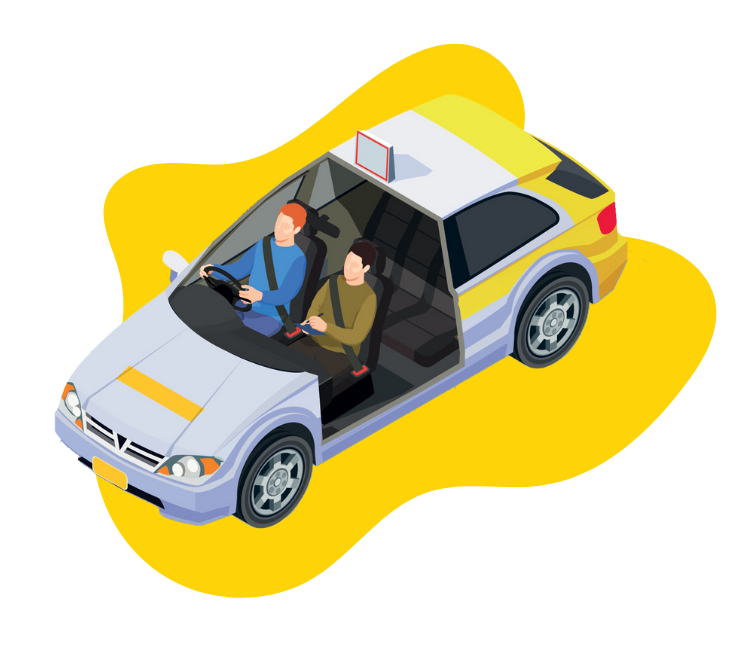
Supporting Young People to Get a Licence
This program is typically delivered as a project with a set number of young people.
The project provides access to group driver safety training and one-on-one mentoring sessions, Youthsafe’s young driver safety resources, professional driving instruction and some financial reimbursements for licensing costs.
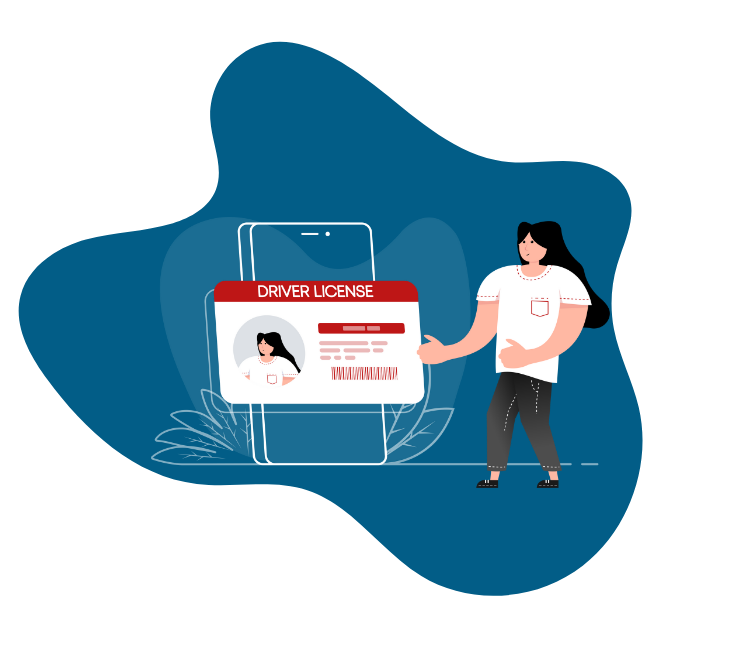
Driver Licensing Access Program (DLAP)
This is a state-wide program of Transport for NSW to help people (of any age) who have difficulty getting their driver licence.
We provide the DLAP services that enable eligible persons living in the Local Government Areas of Hornsby, Ku-ring-gai, Hawkesbury, Ryde, Campbelltown and Sydney City to acquire a Learner licence or get their Red P licence.
Programs For Parents
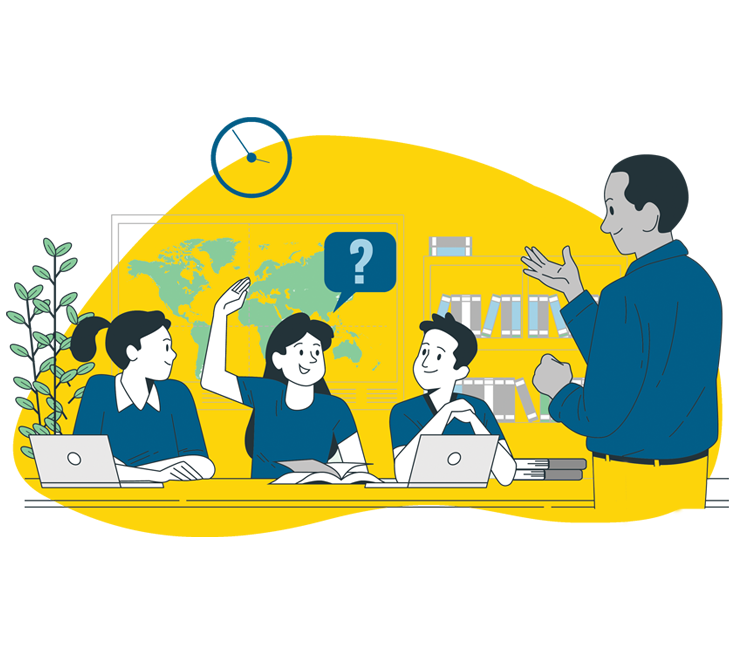
Teen Safe Driving Workshops
The workshop is an opportunity for parents and their pre-learner or learner driver to work together in tackling the challenges of securing the minimum 120 logbook hours required before taking the driving test.
It also provides tips on ways to prepare for the first months of solo driving in the P1 Red licence period.

Ls to Ps: Teaching Aussie Teens to Drive eBook: A practical guide to teen safe driving
Written, practical advice that lends a helping hand to parents and learners alike.
It contains useful advice about teaching the more challenging aspects of manoeuvring a car as well as useful tips for establishing and maintaining a great ‘working’ relationship for effective teaching and learning.
Learner Driver Resources
Partner with Youthsafe, a trusted ally that collaborates with governments, businesses, and community organisations to safeguard young Australian drivers. Together, we prevent avoidable road crashes through our responsive programs, ensuring the safety and well-being of our youth on the roads.
What Our Community Says About Us
Our Partners


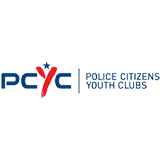


Partner with Youthsafe, a trusted ally that collaborates with governments, businesses, and community organisations to safeguard young Australian drivers. Together, we prevent avoidable road crashes through our responsive programs, ensuring the safety and well-being of our youth on the roads.
FAQs
Have more questions about Youthsafe programs that are designed to protect young drivers?
Find out if your questions are answered below.
Refraining from distractions like using mobile phones, adjusting music or engaging in conversations is crucial to improving road safety. In addition, following basic road safety best practices such as adhering to speed limits and adjusting speed based on road conditions and visibility, wearing seat belts, maintaining a safe following distance and using indicators and mirrors effectively can diminish the possibility of accidents.
Peer pressure can significantly influence young drivers' behaviours on the road. To manage peer pressure effectively, young drivers should prioritise their safety and well-being over social expectations.
It's crucial to communicate assertively with peers about the importance of safe driving practices and the potential consequences of risky behaviours. Developing a strong sense of self-confidence and making responsible choices, such as refusing to speed or drive under the influence, even under peer pressure, can help young drivers stay safe on the road.
Seeking support from trusted adults, such as parents or mentors, can also provide guidance and encouragement in handling peer-pressure situations.


